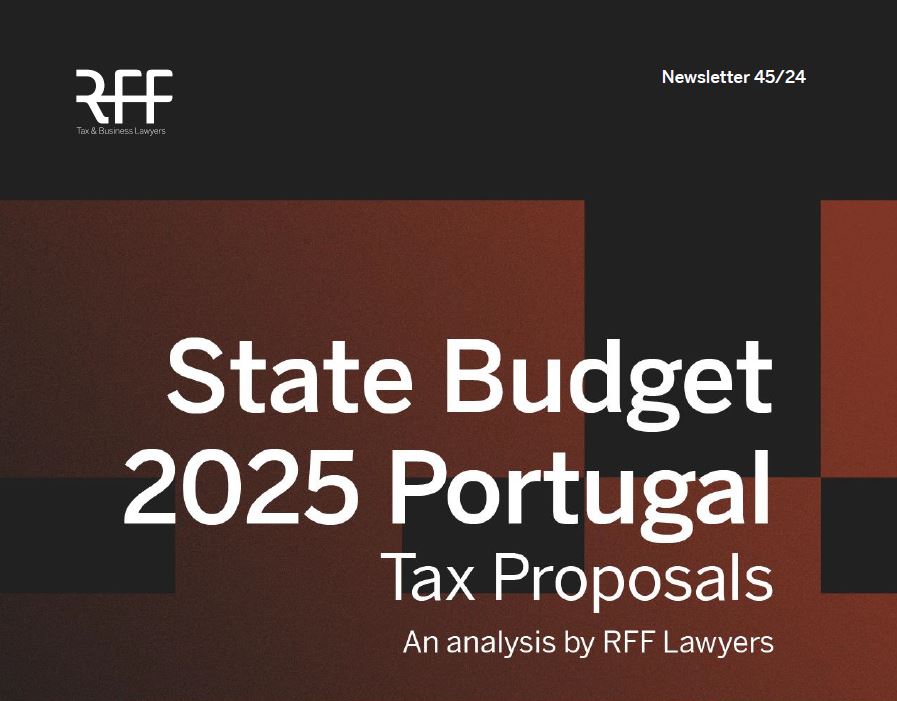The taxation of income from digital tokens (cryptocurrencies, NFTs, etc.) in Portugal
Portuguese tax legislation defines virtual assets as “a digital representation of value that is not necessarily linked to a legally established currency and that does not have the legal status of fiat currency, but that is accepted by natural or legal persons as a means of exchange or investment and that can be transferred, stored and traded electronically”.
However, this definition far from solves the problems related to the qualification and, consequently, the legal/fiscal framework of the various types of tokens (currency, utilities, securities, hybrids and NFTs).
From a very high-level perspective, income specifically generated by an investment in digital tokens can potentially be taxable within different categories of the PIT (as business and professional income in category B, as investment income in category E or as capital gains in category G).
For example, the gains from an investment in security tokens with underlying marketable securities could be taxable as capital gains (category G – at a fixed rate of 28%), as there is a specific provision for investments in marketable securities.
On the other hand, many investors believe that there is an “official” and binding opinion of the Tax Authorities that is applicable to all situations related to investments in digital tokens but, in actual fact, the Portuguese Tax Authorities have only conveyed their opinion regarding a specific transaction related to one type of digital token: the purchase and sale of cryptocurrencies.
In their opinion, the gains from the sale of purchased cryptocurrencies can only be taxed if they derive from a self-employed activity (category B – at marginal fixed rates up to 48%).
There are several other operations besides the mere purchase and sale of cryptocurrencies (e.g., mining, staking, farming) and, even more importantly, there are several other digital tokens with characteristics that are different from cryptocurrencies (e.g., securities, NFTs), which may have a distinct tax treatment.
Even though Portugal is still an indisputable platform for investment and residency for both individual and corporate investors, the lack of specific regulations and the specific characteristics of investors in digital tokens has caused many investors to make life-changing decisions and to move to Portugal, believing the country to be a tax haven for digital assets, where significant “cash-outs” can be realized.
While specific regulation is still lacking, we believe that a specific taxation framework would be better than the current undefined status, as this has not been beneficial for taxpayers or the Tax Authorities and is already causing litigation.
In order to provide legal order with some (much needed) certainty, it would be in everyone’s interest for specific legislation to be created soon, namely foreseeing rules to determine the territorial source of this type of digital income, which would then enable the respective combination with the special Non-Habitual Resident tax status, which is the regime that actually makes Portugal very competitive in comparison to other jurisdictions.
Authors: Rogério Fernandes Ferreira, Joana Marques Alves & Vanessa Lopes Rodrigues, RFF Lawyers, Lisbon






